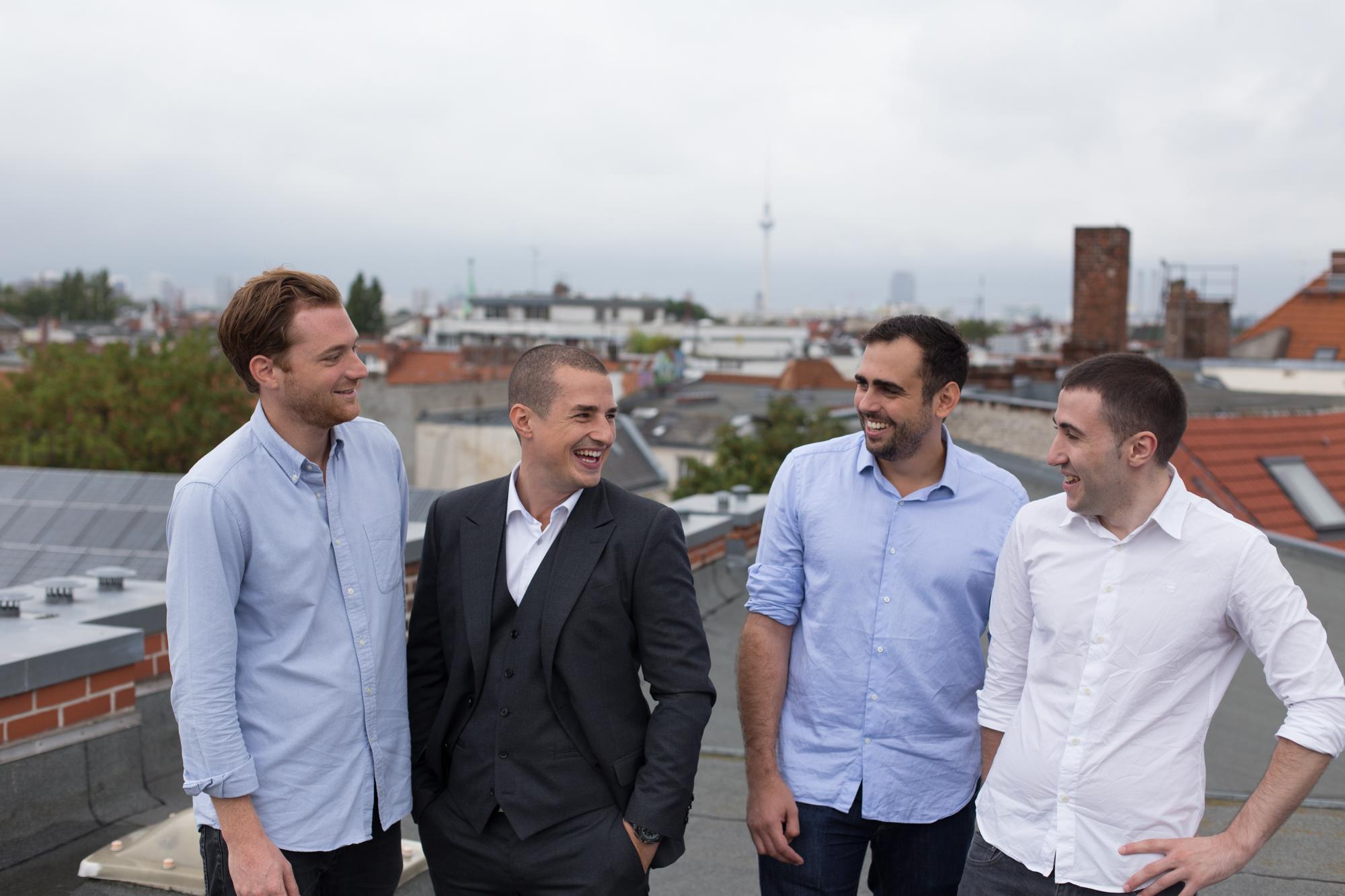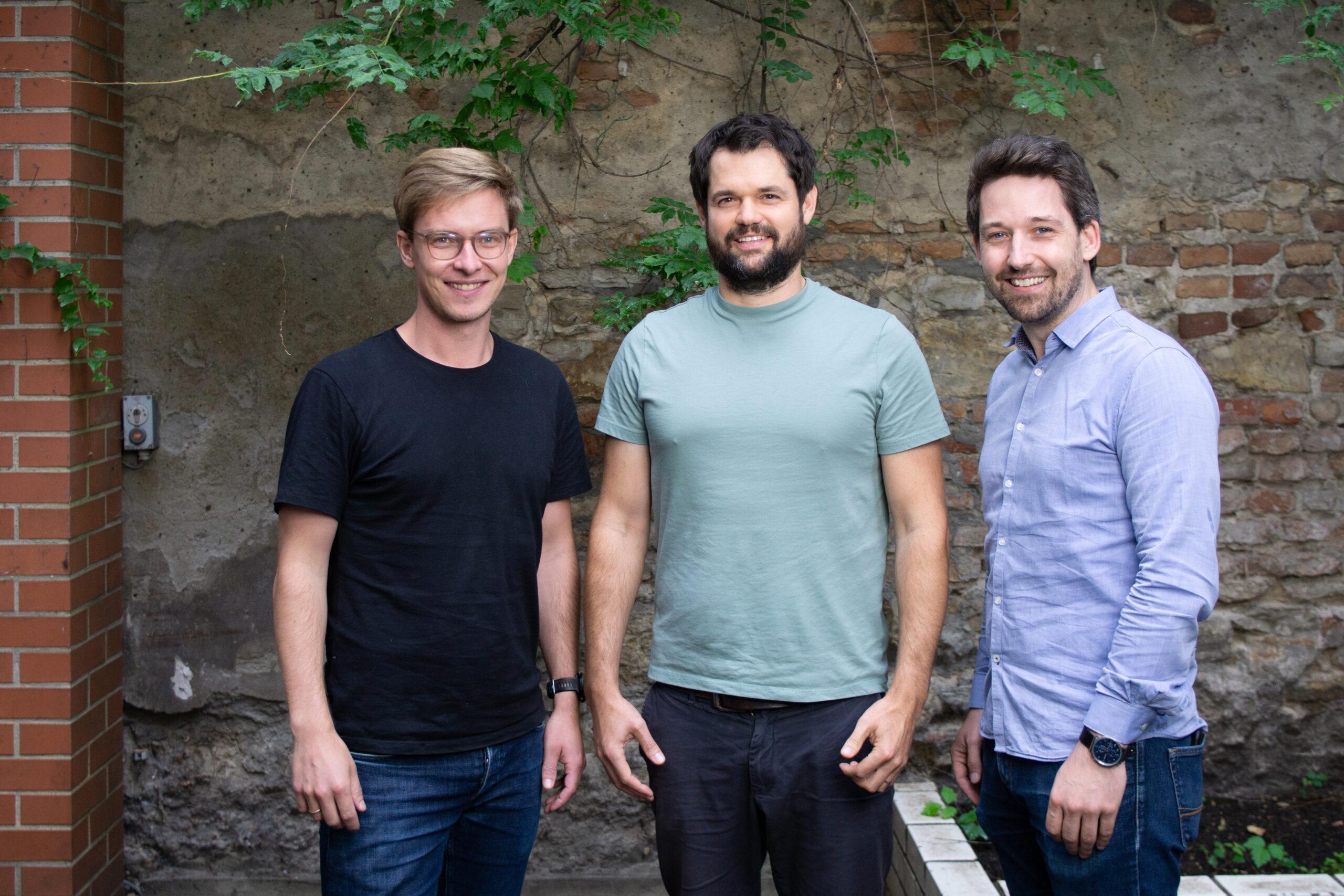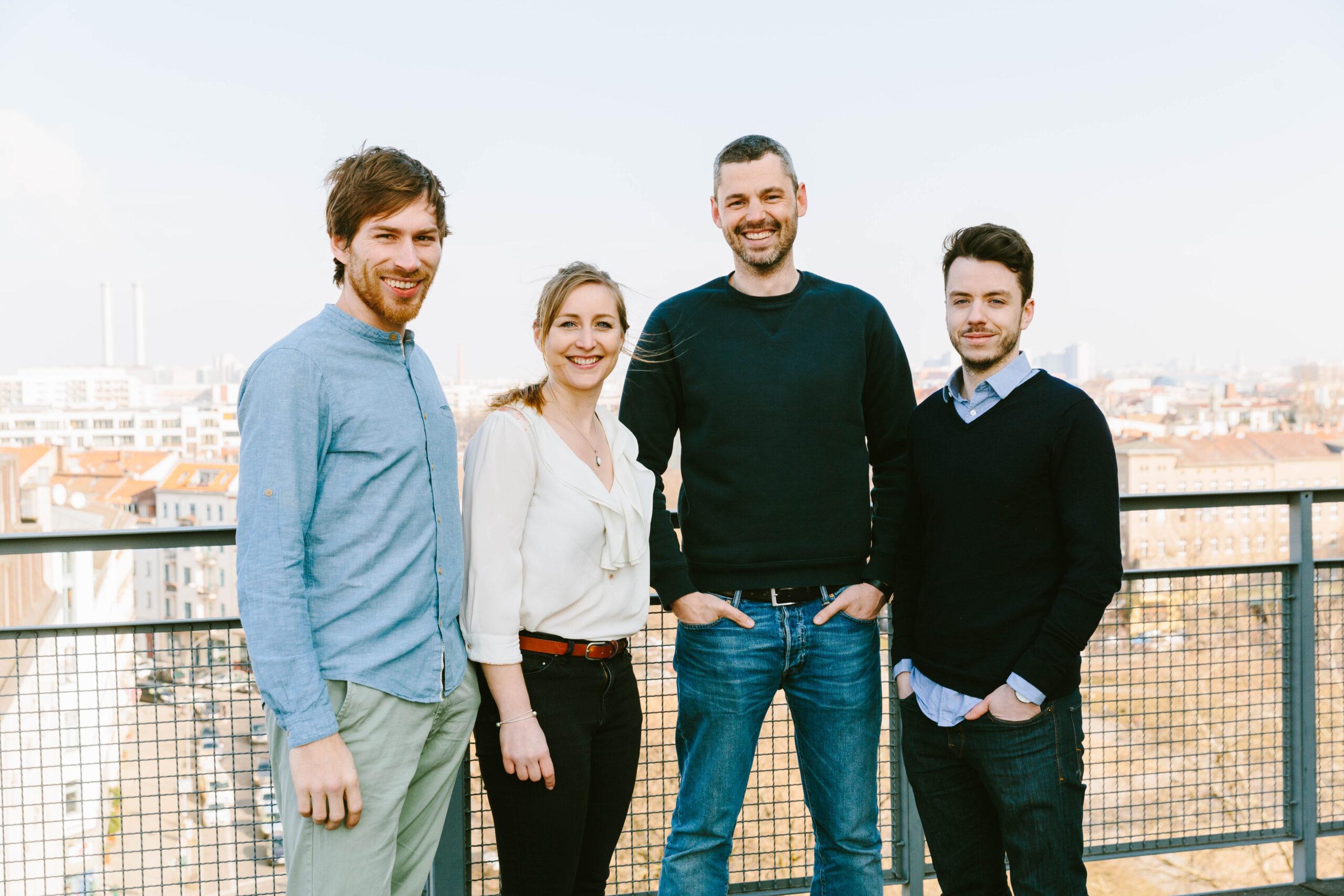The war in Ukraine concerns us all

Many German start-ups are currently showing their solidarity. But we also need to question our connections to Russia, writes Bettina Engert.
Images from war-torn regions are largely met with shock and compassion. However, they do not always trigger a willingness to take action on a large scale from abroad. The pictures from Ukraine are different. The reports of human fates, the refugees and the remaining people on the ground are being met with an unprecedented wave of solidarity in this country. Also in the German start-up scene.
Many players, companies, founders and teams are positioning themselves and using their platform to campaign for an end to the war. Within a very short space of time, local start-ups have also launched countless initiatives for Ukraine, ranging from the logistics of relief supplies and support for arriving refugees in their search for jobs and housing to large-scale transportation to safe neighboring countries. The speed with which the start-up community has organized itself to help is remarkable.
Helping colleagues on the ground - humanitarian obligation and responsibility as an employer
This willingness to help is certainly driven by the regional proximity of the conflict and its political background, but above all by the close links between Germany's start-up ecosystem and the Ukrainian tech scene.
An outstanding developer community has formed here over the last ten years. Local start-ups have been working closely with freelancers from Kyiv or Kharkiv for a long time, hardly any team can do without developer colleagues with Ukrainian roots and some have even set up their own local tech teams - such as Solarisbank from Berlin or Laserhub from Stuttgart. Experience reports show the absurdity of the situation: Ukrainian employees who were conscripted when they visited their home country at the beginning of the war and are now being trained at gunpoint instead of booting up their laptops. As men between the ages of 18 and 60 are not allowed to leave Ukraine, their German HR colleagues are now primarily helping to get relatives out of the country, organizing donations in kind and money and making sure that the additional help and salary from abroad actually arrives.
Countless examples show that young companies in Germany are aware of their responsibility as employers in this exceptional situation. And they must be! Because apart from the humanitarian obligation to help, the local start-up sector is also economically dependent on its colleagues from Ukraine in view of the shortage of skilled workers.
Capital from Russia and the question "Where does my money come from?"
In addition to solidarity with Ukraine, the war also raises questions about the connections between the German ecosystem and Russia. In recent weeks, there has been a significant increase in sensitivity and diligence when examining existing and future shareholder structures in funds and portfolio companies. Start-ups and VCs are currently facing critical questions about the origin of their capital.
The majority of local venture capitalists have traditionally been reluctant to invest in LPs (limited partners) outside the EU. Nevertheless, the current conflict feels like a noticeable turning point. The discussion about "Putin's oligarchs" and their support for a Russian war of aggression has once again made it clear that neither soccer clubs nor start-ups should be indifferent to where their growth capital comes from.
Europe's start-up ecosystem can only benefit from more transparency and integrity in venture capital funding. Dependence on Russian money was already a cause for concern in the past, but now it has become unacceptable.
Hoping for stability, sustainability, security... and above all an end to the war
Speaking of financing: it remains to be seen how the war in Ukraine will affect the European venture capital market in the long term. While just a few months ago the focus here was on the hunt for records (see also "The risks of the flood of cash for German start-ups"), a sharp drop in the number and volume of financing rounds was already noticeable at the beginning of the Russian attack. According to statistics, EU start-ups raised 70 percent less money in the first weeks of the war than before. Planned financing rounds were delayed and IPOs that were considered safe were canceled.
During the coronavirus crisis, the digital and technology sector was still able to benefit massively. Investors are currently unsettled due to the developments in Eastern Europe and the high volatility on the stock markets. Many are now shying away from risky bets - which are based on the fastest possible growth and the fight for market share regardless of profitability. Their success also requires free trade, smooth supply chains and unrestricted access to capital. All of this is at risk in the current situation.
However, similar to the coronavirus crisis, certain areas of the start-up industry could benefit here too. For example, the conflict with Russia, a major oil and gas power, is once again increasing the pressure to find alternatives to fossil fuels and solutions for reducing energy consumption. "Green start-ups", i.e. business models related to sustainability, currently have all (investor) doors open to them.
The same applies to cybersecurity. The war is currently being waged not only on the ground, but also online. Those who can protect themselves against cyberattacks, sabotage and disinformation have the upper hand. German start-ups such as SoSafe are currently being inundated with capital and orders. The only bottleneck to further growth here is the lack of developers.
But regardless of whether they are benefiting economically from the situation or not, what unites all start-ups in this country is the hope that the war will end soon. For their employees, their colleagues and all the people in Ukraine.

Newsletter
Startups, stories and stats from the German startup ecosystem straight to your inbox. Subscribe with 2 clicks. Noice.
LinkedIn ConnectFYI: English edition available
Hello my friend, have you been stranded on the German edition of Startbase? At least your browser tells us, that you do not speak German - so maybe you would like to switch to the English edition instead?
FYI: Deutsche Edition verfügbar
Hallo mein Freund, du befindest dich auf der Englischen Edition der Startbase und laut deinem Browser sprichst du eigentlich auch Deutsch. Magst du die Sprache wechseln?






























